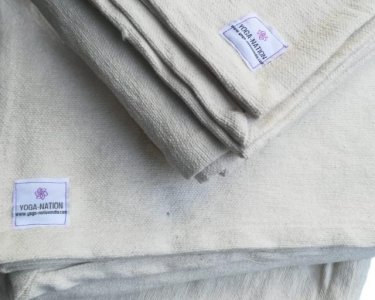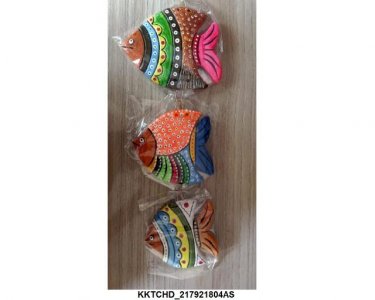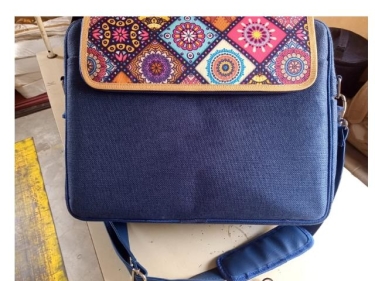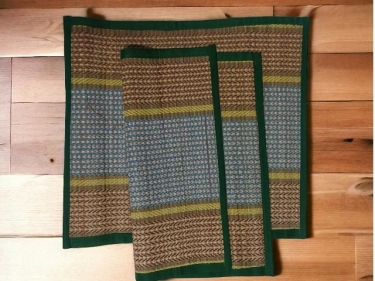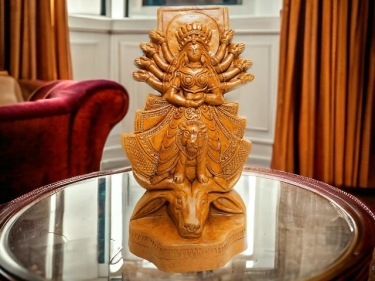Search Results for "bahrain" in "Bahrain" on Export Portal
Active Filters
-
Keywords:
-
Country:
- Clear all
New Search
Couldn't find the product you want?
Fill out this form to request the product.
Imports

Located just off the eastern coastline of Saudi Arabia in the Persian Gulf, Bahrain is a small archipelago of 33 islands, with the largest island being Bahrain Island. During the last thirty years the country's economy has maintained a relatively even balance of trade. In the course of this period Bahrain's imports just slightly exceeded exports. Bahrain's major export destinations include India, Saudi Arabia, the United States, the United Arab Emirates, Japan, and South Korea. These countries mainly import oil related products, which represent the largest Bahrain's exports. Another important export for Bahrain is aluminum.
Bahrain's imports originate from a large range of countries. France supplies the majority of imports, followed by the United States, the United Kingdom, Saudi Arabia, and Japan. Bahrain's imports primarily manufactured goods, machinery, chemical products, foodstuff, cars, iron ore and stem from developed industrial states.
If you are a business based in Bahrain looking to increase your exports, visit Export Portal, one of the largest online marketplaces. Advertise your import/export Business and reach thousands of potential global buyers, retailers, business partners. Export Portal is the best way to get involved in the international market.
Customs requirements of Bahrain
Bahrain Customs Contact Information
Website: http://www.bahraincustoms.gov.bh/
Email: info@customs.gov.bh
Address: Customs Affairs – Ministry of Interior, Sh. Khalifa Bin Salman Road Hidd, PO Box 15,Manama Kingdom of Bahrain
Phone: +97317359999
Customs Clearance of Goods
There are two types of containerized cargo, Full Container Load (FCL) and Less than Full Container Load (LCL).
An FCL container will usually contain goods destined for one consignee, whereas a LCL container will is a container which contains goods for more than one consignee.
FCL containers are not usually unstuffed within the customs point. They will be scanned and if required a physical examination will be carried out within customs premises. Sealed containers which are to be examined outside of the customs point, will be x-ray scanned and unstuffed outside of the customs point under Bahrain Customs supervision.
LCL containers containing goods for local consumption are usually unstuffed at a designated customs location after being x-ray scanned or physically inspected (if required).
Import
Documents required
You are required to submit the Customs declaration and to present it together with the following documents for the importation of goods.
1. Import Customs Declaration Form (CDF)
2. Shipping Agent Delivery Order from Shipping Agent Line to Importer/Consignee (with valid CR)
3. Three (3) copies of the Invoices (Original) from the Exporter addressed to the Importer
4. Two (2) copies of the Packing List with detailed weights, packaging and goods classification for each individual item within the shipment
5. A Certificate of Origin (Original) from relevant Chambers of Commerce of country of origin of goods
6. A copy of the Insurance Policy
7. Original Bill of Lading
8. Import Permit/Approval from relevant authority for importation of restricted goods
9. Bank Advice/Guarantee (if applicable)
10. A statistical declaration if the final destination of the Goods is within the Gulf Co-operation Council (GCC) countries
Import Customs Clearance Procedure
After submitting your customs declaration using the Customs Clearing System (eCAS), the procedure for customs clearance will be as follows:
1. Pay the duty and fees due at the cashier desk in the customs point where the Goods will be cleared
2. Submit all the relevant documentation to the Customs Clearing Officer at the Customs Point
3. Pay the relevant cargo handling fees and make an appointment for movement of the cargo at the Port Operator desk
4. Port operator will move the container to the relevant inspection point
5. Customs will risk assess the goods and inspection may be carried out accordingly
6. Finally the goods will be cleared and allowed to leave the customs point
Note:
All Arab origin products which are imported under the facilitation and trade exchange convention among Arab countries are reciprocally exempted from customs duties on producing a recognized certificate of origin. However, all types of tobacco, cigarettes and alcoholic beverages are excluded from such exemption.
Export
When exporting goods from the Bahrain, no customs duties are levied on exports. However, the shipper must produce the following documents to Customs for use in the production of government statistics.
- Customs declaration
- Invoices
- Cargo Manifests
Upon production of the relevant documents, the exporter may ship the goods to the destination port.
Re-exportation outside the GCC countries
Re-exported goods and products are divided into four categories:
- National products
- Transit goods
- Bonded goods
- Foreign goods re-exported to recover customs duties
Documents Required
- For re-exportation, the customs declaration, together with the relevant invoices should be provided to the customs authority.
- In the event of re-exportation of foreign goods for recovery of customs duties, a copy of the customs duties payment receipt and a copy of the certificate of origin should be attached to the customs declaration.
Procedures
- The customs declaration, together with the required documents should be presented to the customs gateway. The customs will examine the goods and oversee the exportation thereof.
- In the event of re-exportation for the purpose of recovering the customs duties, the customs will refund the customs duties already collected, on the re-exportation of the goods. Such re-exported goods must be in the same condition in which it was imported and the CIF value of which is not less than US$ 5,000 or the equivalent thereof in the local currency. The exportation of such goods must be made under the supervision of the customs and within a period of not more than one calendar year from the date of collection of the customs duties.
Sources:
http://www.bahraincustoms.gov.bh/page.php?SID=WTBkR2JscFVNREJPUTFwMFVGUlpiV015TURsT1JFMDk%253D














